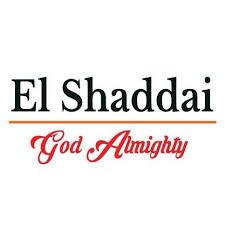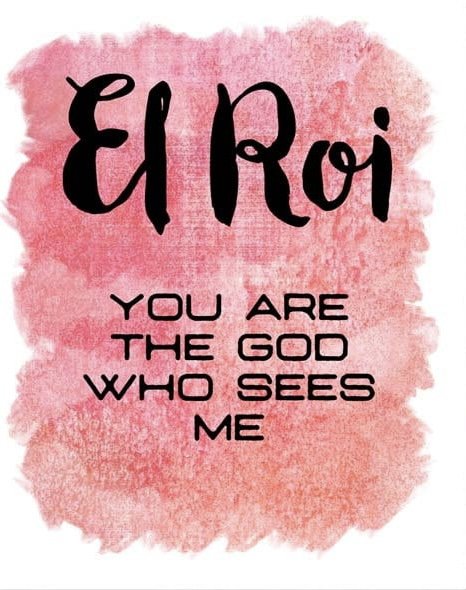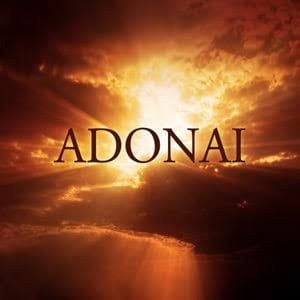Names of God
“And God said to him, “I am God Almighty;” (Gen. 35:11a)
God has many names and titles in the Bible. Each one tells us something important about Him—His character and how He relates to us. And how we must relate to Him. Here is another one of His many Names, which is El Shaddai.
El Shaddai – God Almighty
In the Old Testament, the name, El Shaddai, appears at least 40 times. Many of those times are in the book of Job and several are in the book of Genesis.
El Shaddai, written in Hebrew, means “God Almighty”, “God, the All-powerful One”, or “The Mighty One of Jacob” (Gen. 49:24; Psalms 132:2, 5). The title speaks to God’s ultimate power over all and refers to Him as completely nourishing and the supplier of all needs.
Jesus is El Shaddai
“Jesus saith unto him, Have I been so long time with you, and yet hast thou not known me, Philip? he that hath seen me hath seen the Father;” (John 14:6)
“Then Jesus came to them and said, ‘All authority in heaven and on earth has been given to me.’” (Matt. 28:18)
“The men were amazed and asked, ‘What kind of man is this? Even the winds and the waves obey him!’” –(Matt. 8:27)
Therefore
God has absolute power over sickness, death, sin, Satan, and any demonic power or influence, over anything or anyone—there is no one greater or more powerful than El Shaddai, our God Almighty.









